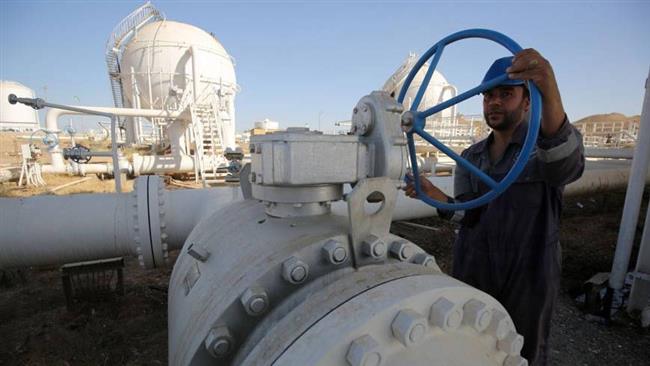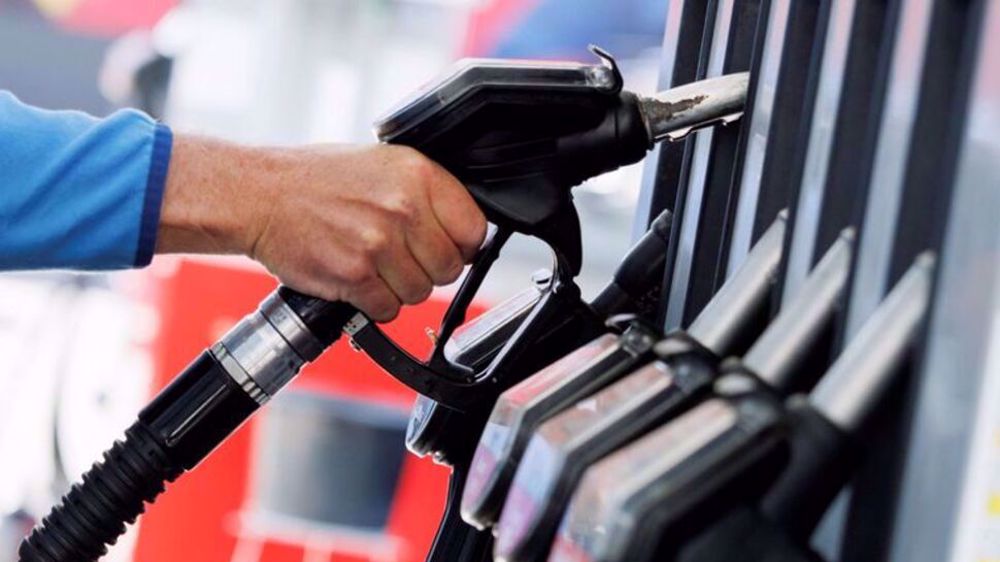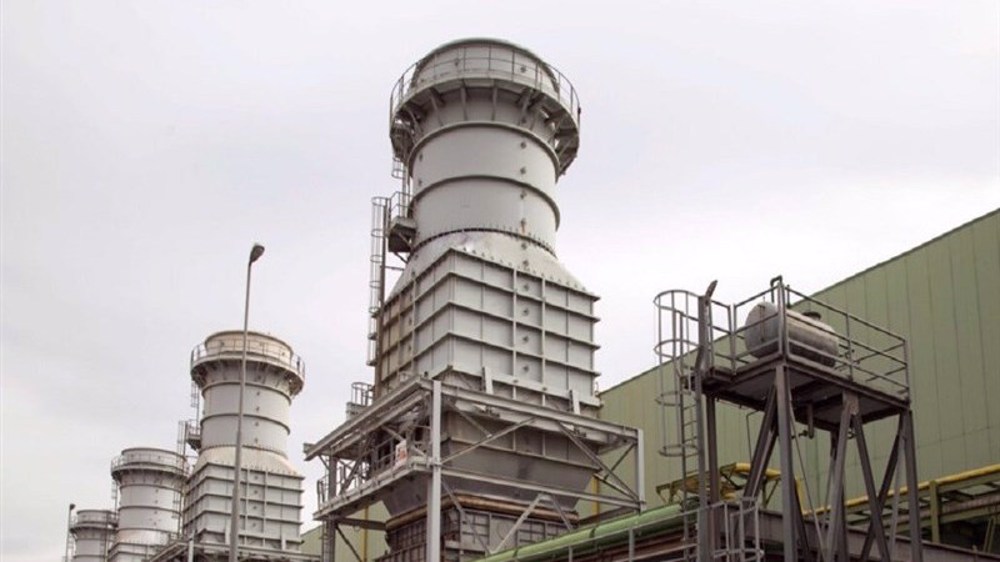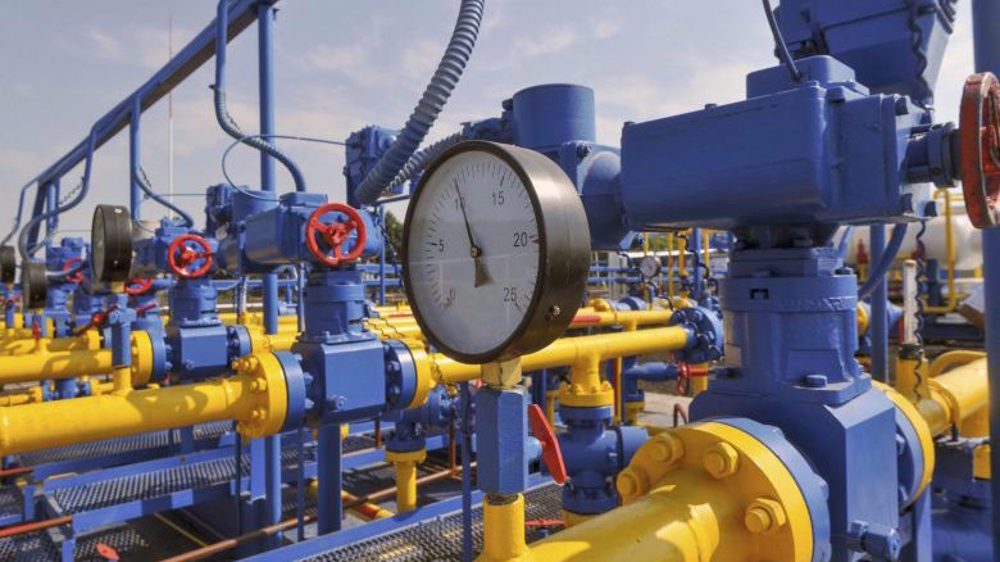Iraq to start 60,000 bpd oil swap with Iran as Turkey pipeline sidelined
Iraq says it plans to start oil exports to Iran from the northern Kirkuk fields next week under a swap deal announced last month.
Iraq is about to truck 60,000 barrels per day (bpd) of oil from Kirkuk to Iran’s Kermanshah refinery across the border and ship back refined Iranian oil for southern Iraq.
Acting director general of Iraq’s state-oil marketer SOMO Alaa al-Yasiri said Monday the swap will boost the Arab country’s crude oil exports which ran at an average rate of 3.5 million barrels per day in January.
For the time being, tanker trucks will be used for the shipment but Iran and Iraq also plan to build a pipeline to carry the oil from Kirkuk, Iraq’s Oil Minister Jabar al-Luaibi said last month.

Crude oil from Kirkuk used to be sent to the market via Turkey and the Mediterranean. Those sales have been halted since October when Iraqi troops took back control of the oilfields following a secession vote in the country’s Kurdistan.
It is yet to be seen whether Iraq will continue to operate the Mediterranean export route after the planned pipeline to Iran comes online.
Iraq’s Oil Ministry has said that the pipeline was "too damaged by attacks by Daesh terrorist gangs to be rehabilitated”.
Iraq exported 250,000 to 400,000 bpd through the pipeline before the start of Daesh insurgency halted the supplies.
The pipeline to Turkey’s Ceyhan was also subject to a long-standing dispute between Baghdad and the Kurdistan Regional Government. Oil flow was interrupted several months in 2016 as the Iraqi government and the Kurds disagreed on the share of the national oil revenue and budget.
The Iraqi parliament voted on Monday to lift sanctions imposed on banks in the Kurdistan region over the secession referendum.
Iraq is currently producing 4.4 million bpd of oil, making it the second largest producer at the Organization of Petroleum Exporting Countries (OPEC) after Saudi Arabia.
UK police detain Jewish scholar Haim Bresheeth following pro-Palestine address
VIDEO | Iraqi resistance strikes key Israeli targets in occupied territories
VIDEO | Press TV's news headlines
Iranian satellites launched into space as private sector debuts in space industry
VIDEO | Iran, Azerbaijan conduct joint maritime rescue operations
VIDEO | Yemen’s Red Sea divide: Naval forces block Israeli-linked ships in strategic ‘parting of the water’
VIDEO | Southern Gaza: Israel’s facade for famine and suffering
VIDEO | IOF hampering humanitarian aid










 This makes it easy to access the Press TV website
This makes it easy to access the Press TV website